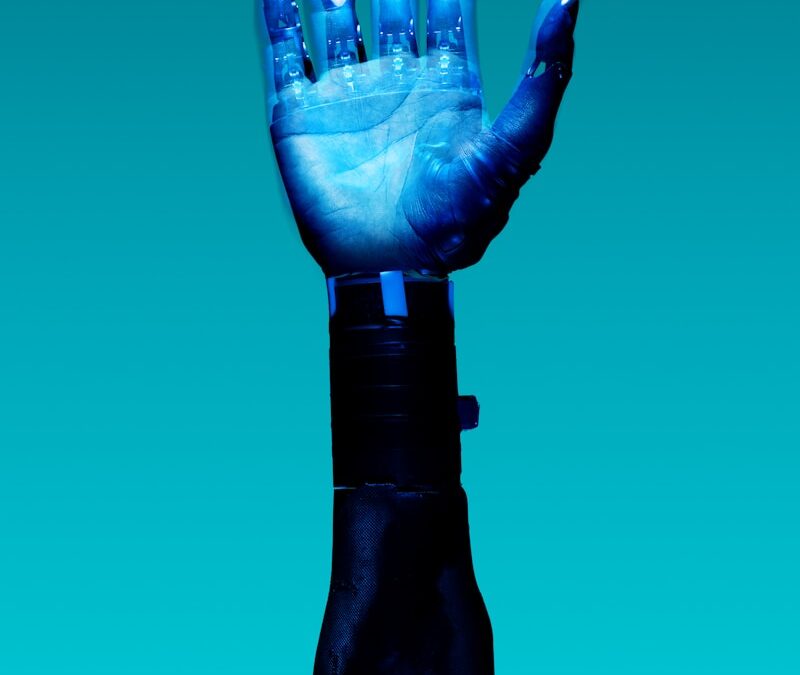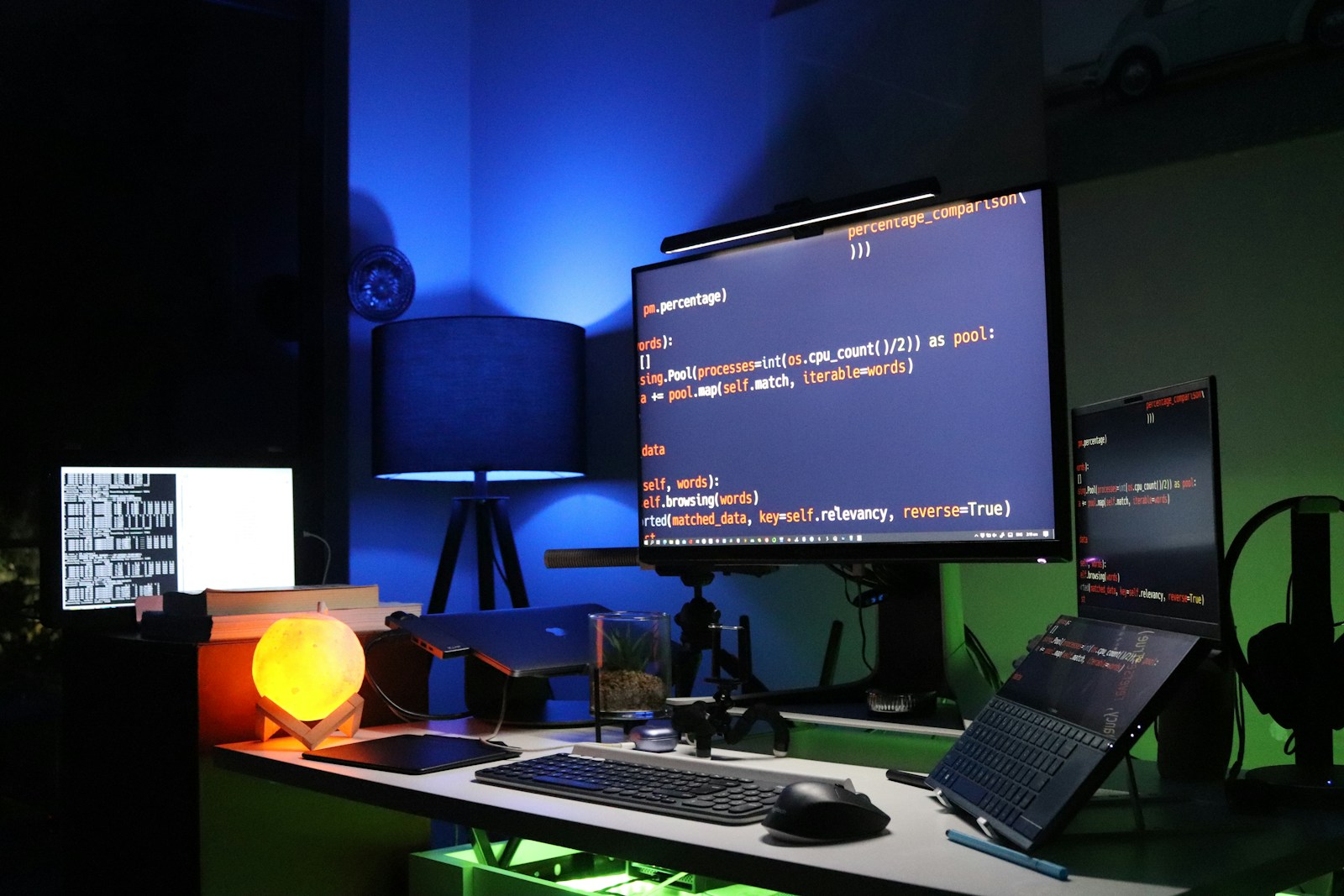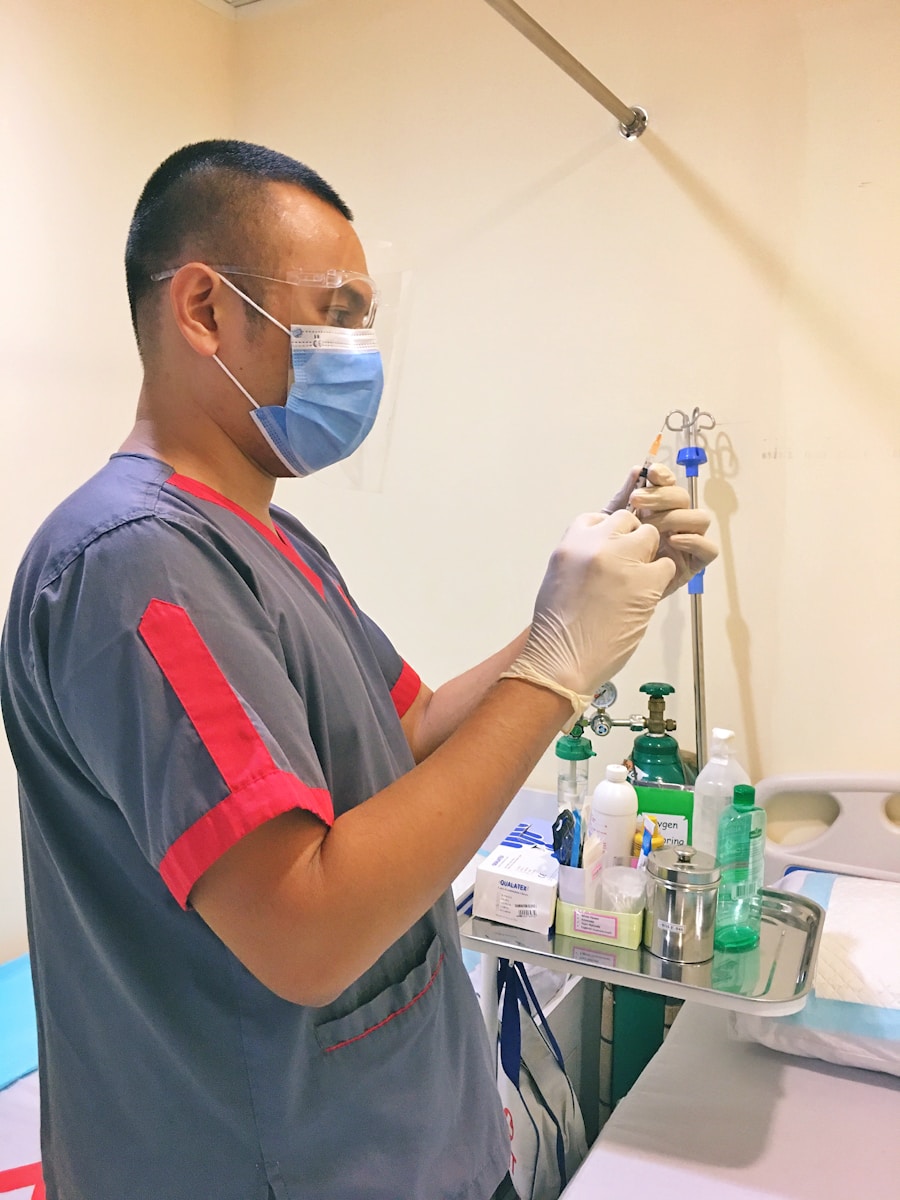Overcoming Challenges in Digital Twin Integration
Understanding the Challenges of Integrating Digital Twin Technology
Integrating Digital Twin Technology in Health Monitoring presents numerous opportunities but also significant challenges. Digital twins, which create real-time virtual replicas of physical systems, offer transformative potential for healthcare by enabling continuous monitoring, predictive analysis, and personalized treatment plans. However, integrating this advanced technology into existing health monitoring systems is not without its difficulties. Key challenges include data integration, ensuring interoperability, maintaining data privacy, and managing the high costs associated with implementing such sophisticated technology. In regions like Saudi Arabia and the UAE, where healthcare innovation is a priority, addressing these challenges effectively is crucial for maximizing the benefits of digital twin technology.
Data Integration and Interoperability
One of the primary challenges in integrating digital twin technology into health monitoring systems is data integration and interoperability. Existing health monitoring systems often involve multiple data sources, including electronic health records (EHRs), wearable devices, and diagnostic equipment. Ensuring that these diverse data streams can seamlessly interact with a digital twin platform requires robust data integration frameworks. Additionally, interoperability standards must be established to allow for consistent data exchange across different systems and devices. In Riyadh and Dubai, healthcare providers are working towards creating unified data platforms that can support the integration of digital twins, thereby facilitating comprehensive and cohesive health monitoring solutions.
Maintaining Data Privacy and Security
Maintaining data privacy and security is another significant challenge when integrating digital twin technology into health monitoring systems. Digital twins rely on vast amounts of sensitive patient data, making them potential targets for cyber threats. Ensuring that this data is protected while allowing for its use in predictive analytics and personalized healthcare requires advanced cybersecurity measures. Blockchain technology can play a pivotal role in securing health data by providing decentralized and immutable records. In Saudi Arabia and the UAE, where patient data privacy is a top priority, leveraging blockchain alongside digital twins can help ensure that health data remains secure and confidential while enabling innovative healthcare solutions.
Innovative Solutions for Successful Integration
Leveraging Artificial Intelligence for Enhanced Integration
Artificial Intelligence (AI) is a key enabler for integrating digital twin technology into health monitoring systems. AI algorithms can manage and analyze the vast amounts of data generated by digital twins, providing actionable insights and facilitating real-time decision-making. For instance, AI can help predict patient health trends, identify potential issues before they become critical, and personalize treatment plans based on continuous data analysis. In smart cities like Riyadh and Dubai, healthcare providers are incorporating AI to enhance the functionality of digital twins, ensuring that these systems can operate efficiently within existing health infrastructures.
Utilizing the Metaverse for Training and Simulation
The Metaverse offers a unique solution for overcoming some of the challenges associated with integrating digital twin technology into health monitoring systems. By providing immersive virtual environments, the Metaverse can be used for training healthcare professionals on how to use digital twin technology effectively. This virtual training can cover everything from system operation to interpreting complex data analytics, ensuring that healthcare providers are fully prepared to leverage digital twins in their practices. In Dubai, for instance, medical institutions are exploring the use of the Metaverse to enhance training programs, thereby accelerating the adoption of digital twin technology in healthcare.
Cost Management and Resource Allocation
The high costs associated with implementing digital twin technology are a significant barrier to its integration into existing health monitoring systems. To address this, healthcare providers can adopt phased implementation strategies, starting with pilot projects that demonstrate the technology’s value and ROI. Additionally, partnerships with technology firms and government support can provide the necessary funding and resources. In Saudi Arabia and the UAE, public-private partnerships are being explored to share the financial burden and accelerate the adoption of digital twin technology. By strategically managing costs and resources, these regions can successfully integrate digital twins into their healthcare systems, leading to improved patient outcomes and more efficient health monitoring.
Conclusion: A Path Forward for Digital Twin Integration
Integrating Digital Twin Technology in Health Monitoring holds immense potential for revolutionizing healthcare by enabling continuous monitoring, predictive analytics, and personalized treatment. While challenges such as data integration, privacy concerns, and high costs must be addressed, innovative solutions involving AI, blockchain, and the Metaverse provide a path forward. In regions like Saudi Arabia and the UAE, where technological innovation is embraced, the successful integration of digital twins can lead to significant advancements in healthcare quality and efficiency. By overcoming these challenges and leveraging available solutions, healthcare providers can harness the full potential of digital twins, ultimately transforming health monitoring and patient care.
#DigitalTwins #HealthMonitoring #DigitalHealth #SaudiArabia #UAE #Riyadh #Dubai #ArtificialIntelligence #Blockchain #Metaverse #ExecutiveCoaching #GenerativeAI #ModernTechnology #BusinessSuccess #LeadershipSkills #ProjectManagement









